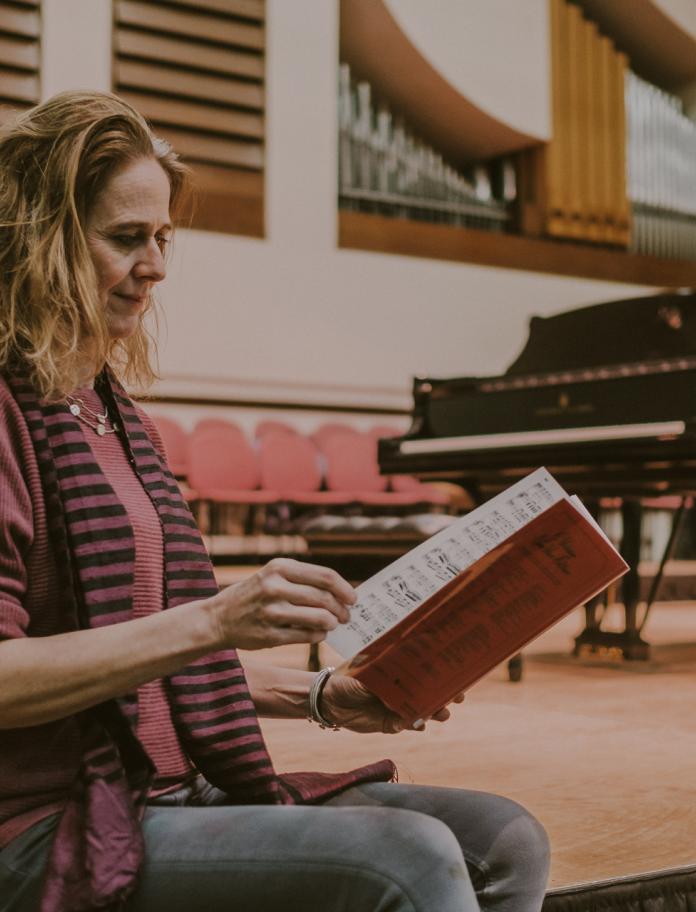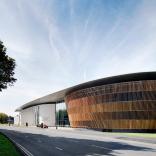I didn’t choose Wales: it chose me. After moving to Birmingham from Germany, I came down to Cardiff for a conference and immediately fell in love with the city. This inspired an application for a job at Cardiff University, and when the offer arrived I accepted it enthusiastically – I already knew of the potential for a greater quality of life in Wales.
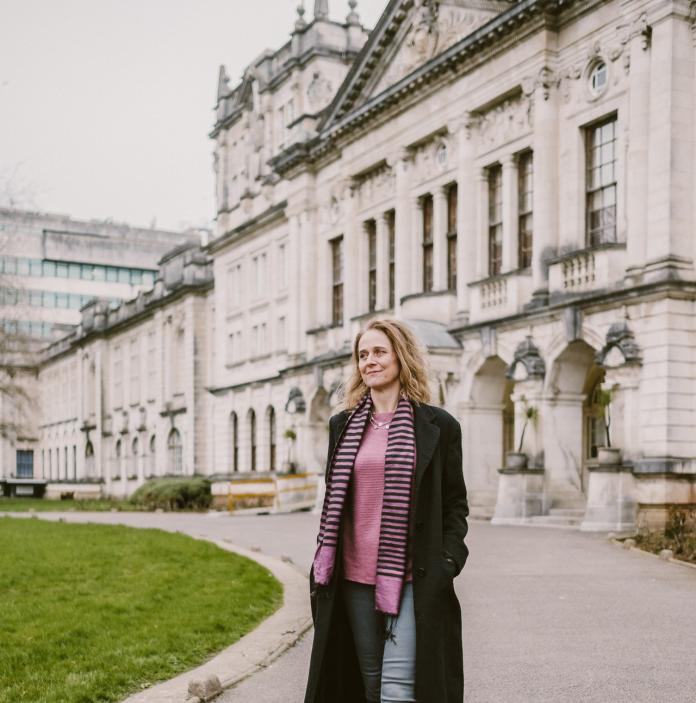
I initially worked for the University as Programme Director of German, but then assumed my current role as Lecturer, and Co-Director of International Engagement, at Cardiff University’s School of Music.
This combination of both a German and a musical background has given me a unique view of the distinctiveness of Welsh culture. A robust Celtic creativity permeates it in so many different ways. This is a small nation, but one with a very established and developed sense of tradition that still plays a part in the everyday lives of people.
Today, Wales is very much in touch with its roots as a land of literature, legend, folklore and music: there are numerous festivals celebrating this culture of creativity. At these festivals, everyone can experience a uniquely nurturing sense of belonging and community that is stronger and more cultivated than I have encountered elsewhere. It’s therefore been easy for me to find like-minded people to share my love of music, art, history and myth.
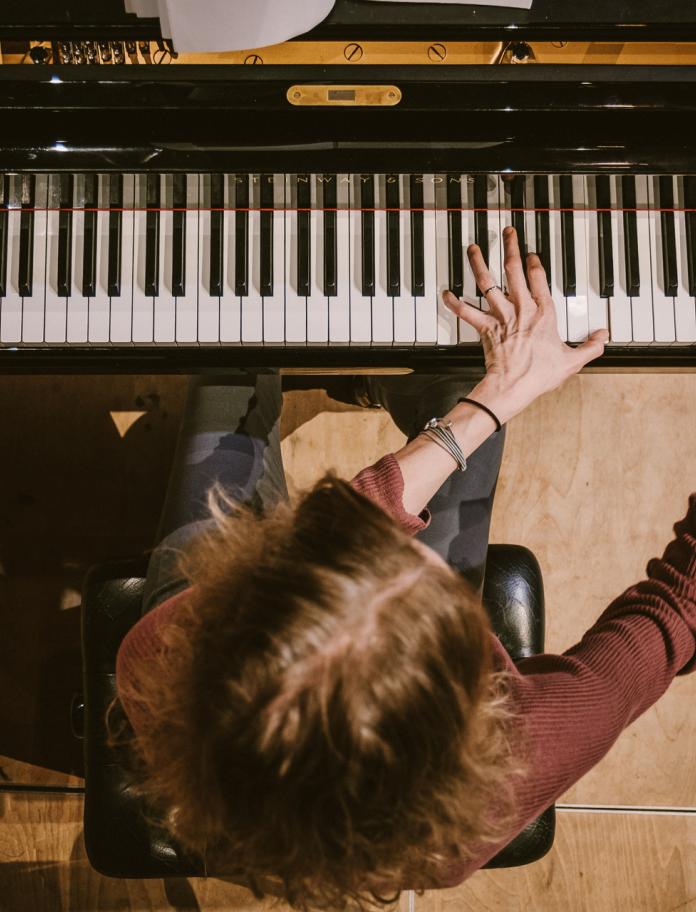
My homeland Germany is of course one that is also steeped in culture and creativity, but there are some very special aspects of Welsh culture, including the wonderful tradition of singing - especially choral singing - that permeates and unites the nation. Hearing Welsh singing, whether a professional choir or a full-throated host of rugby fans, is an unforgettable experience.


Sport more generally is an important element of the Welsh identity. The national football team’s success at Euro 2016 - when they made the semi finals - was a real watershed moment in putting this identity on the international stage. My office phone was ringing off the hook as one German radio station after another got it touch to interview me about how it felt to be a German in Wales during such an unexpectedly exciting period. Since the tournament, more and more of my German friends and family have travelled to the nation to experience its unique aspects first-hand.
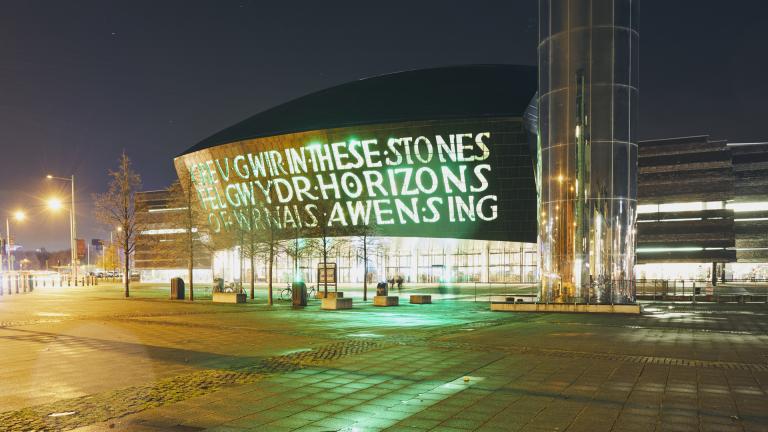
Living in Cardiff, I have access to an astonishing depth of culture that is on offer right on my doorstep. One example is the Welsh National Opera: Collaborative projects with colleagues there have let to close links with one of the world’s best theatre companies. This has benefited both me and my students.
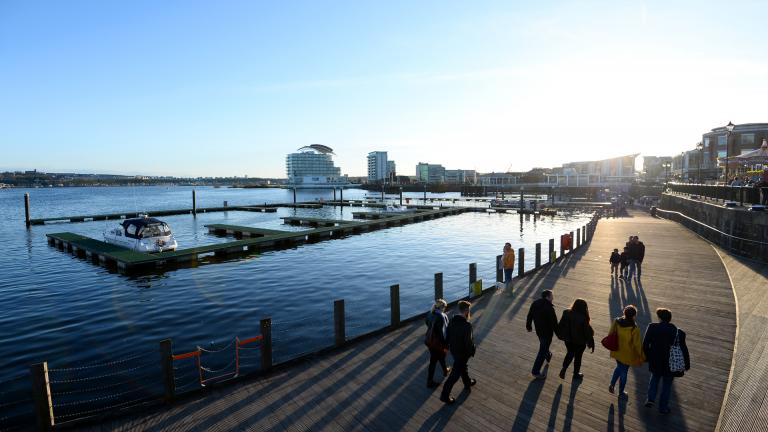
The lifestyle in Cardiff is surprisingly laid back for a capital city. People are hospitable, kind and informal. This is the first place I have lived where a bus driver stopped and let me on to the bus when I was running for it, rather than looking the other way! It’s these little gestures that make life here so pleasant.
The city is an ideal size: it provides all of the advantages of living in a capital, but very few of the disadvantages: no long commutes, overcrowded streets or polluted air. And the breeze coming in from Cardiff Bay is certainly refreshing!
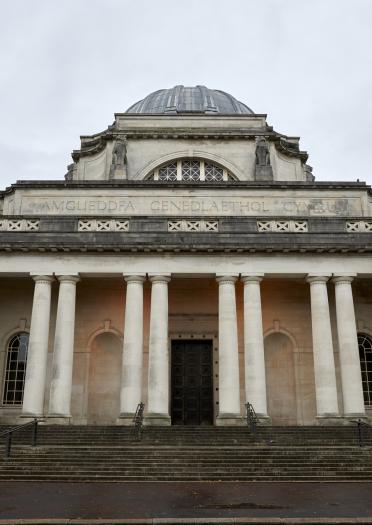
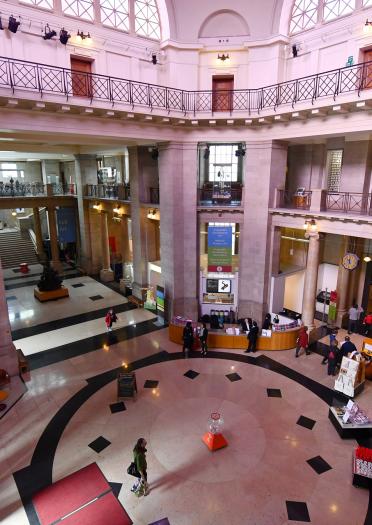
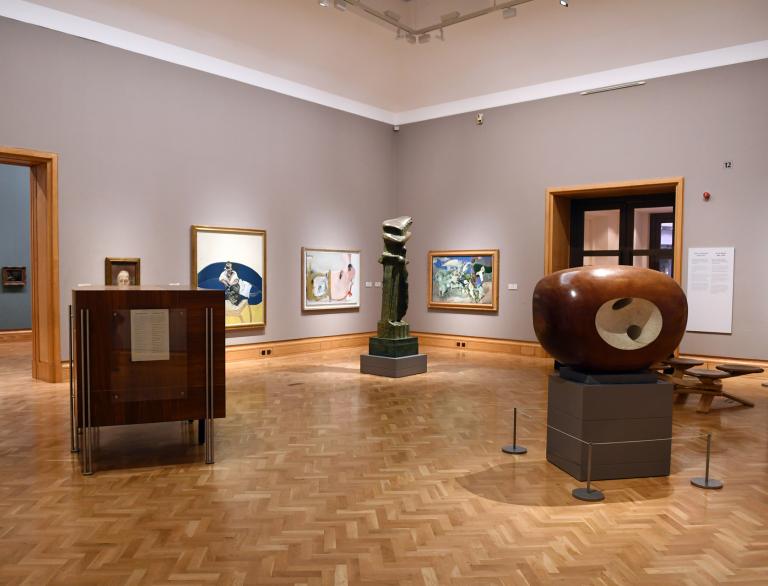
It’s easy for people across the country to get to Cardiff to experience the buzz of events, activities and sites of national significance that are the living heart of Wales. I’m reminded of this every day when I pass the impressive National Museum on my way to work.
But although Cardiff is the capital, and the largest city, the spirit of the nation remains egalitarian. Assets like the National Library of Wales which is - in Aberystwyth in mid-Wales - are spread across the country. This convivial approach embodies the spirit of the nation, in my view. My travels around the rest of Wales have left me with two main memories: of the unspoiled scenic beauty of the country, and of the unforced warmth of the welcome.
